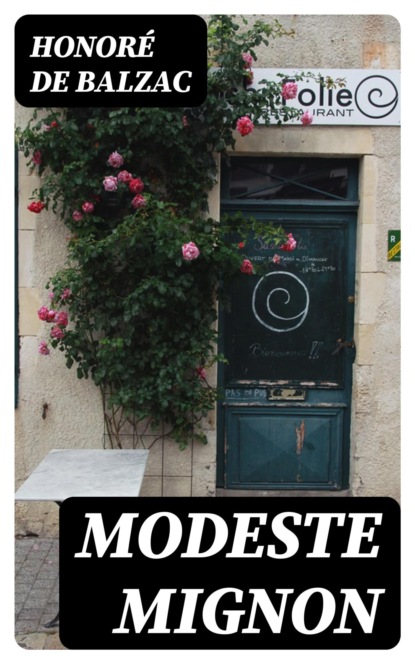Volume 340 pages
0+
About the book
In «Modeste Mignon,» Honoré de Balzac intricately weaves a tale of ambition, love, and societal ambition within the context of 19th-century France. Employing a rich, descriptive literary style characteristic of his broader series, «La Comédie Humaine,» Balzac examines the dynamics of romantic pursuit against the backdrop of class tensions and moral complexity. The novel centers on the young Modeste, whose desires for love and artistic recognition lead her into a realm where fervent aspirations clash with the harsh realities of societal expectations and personal integrity, creating a poignant commentary on the pursuit of happiness in a stratified society. Honoré de Balzac (1799-1850), a prodigious figure in French literature, is well-known for his exploration of the human condition through extensive character studies and his portrayal of society's intricacies. His own experiences navigating the tumultuous social landscape of post-Napoleonic France deeply influenced his writing and thematic choices. In «Modeste Mignon,» Balzac reflects his keen observations of the era's shifting values and the growing influence of the bourgeoisie, providing an authentic lens to explore the tensions between passion and emotion. I highly recommend «Modeste Mignon» to readers seeking a profound exploration of personal ambition and societal constraints. Balzac's incisive characterizations and rich narrative style invite readers into a world that is both specific and universal, illuminating the struggles of individuals who yearn for fulfillment amid the rigors of societal limitations. This novel not only enhances our understanding of Balzac's oeuvre but also resonates with anyone reflecting on their desires and the societal structures that shape them.
